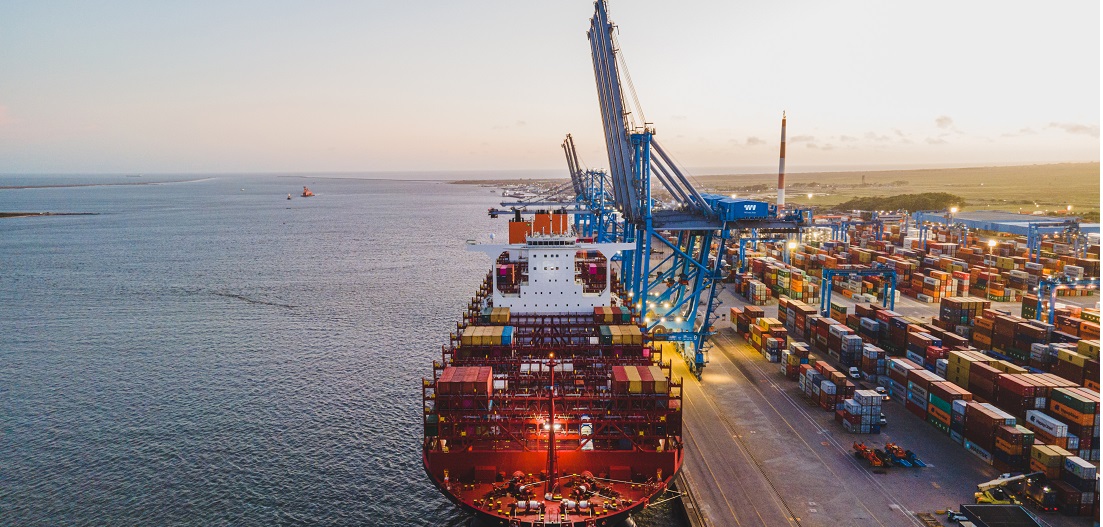
Wilson Sons reports 57% surge in pork exports at Tecon Rio Grande
Aug, 24, 2023 Posted by Gabriel MalheirosWeek 202335
Wilson Sons has been experiencing a significant increase in pork exports at Tecon Rio Grande this year. External sales of the product have grown by 57% in the first seven months of the year compared to the same period in 2022, a demand driven by Asian countries. The main destinations were China, Hong Kong, and Singapore.
During this period, pork exports through the Rio Grande terminal totaled 7,199 TEUs, equivalent to 3,620 containers, compared to 4,578 TEUs (2,307 containers) from January to July 2022. This year, the volume reached 102,051 tons of the product, while in the same period of 2022, it had registered 64,751 tons.
Several factors influenced the increase in pork exports at Tecon Rio Grande. One factor was the recovery of market share, as local exporters chose to ship a larger volume through the Rio Grande terminal than through Santa Catarina compared to the previous year. The launch of the NeoSamba maritime line was also a contributing factor. With larger ships and a direct route from Northern Europe to Rio Grande, transit times for goods improved, resulting in greater efficiency and effectiveness in operations.
Within Tecon Rio Grande’s activities, exports account for 74%, while imports make up 26%. More than 600 varieties of goods, including mechanical parts, chemicals, resins, and plastics, arrive from over 50 countries, such as China, the United States, Morocco, Belgium, and Singapore. On the other hand, products like resins, frozen chicken, wood, pork, and furniture are destined for the United States, China, Peru, and Saudi Arabia.
-
Fruit
Sep, 02, 2024
0
Leader in reefer cargo exports in Northeast Brazil unveils plans to gain market share
-
Ports and Terminals
Oct, 15, 2024
0
DP World Launches New Freight Forwarding Office in Brazil
-
Meat
Sep, 02, 2019
0
EU beef imports decreases but Mercosur share increases
-
Ports and Terminals
Feb, 25, 2021
0
2021 Port of Santos cargo handling off to a great start

